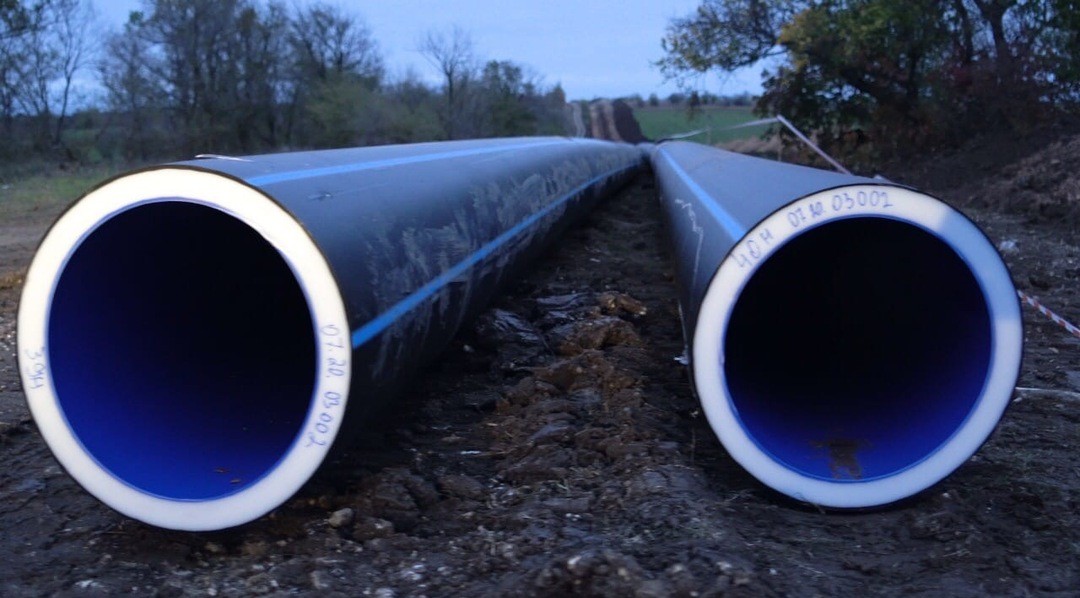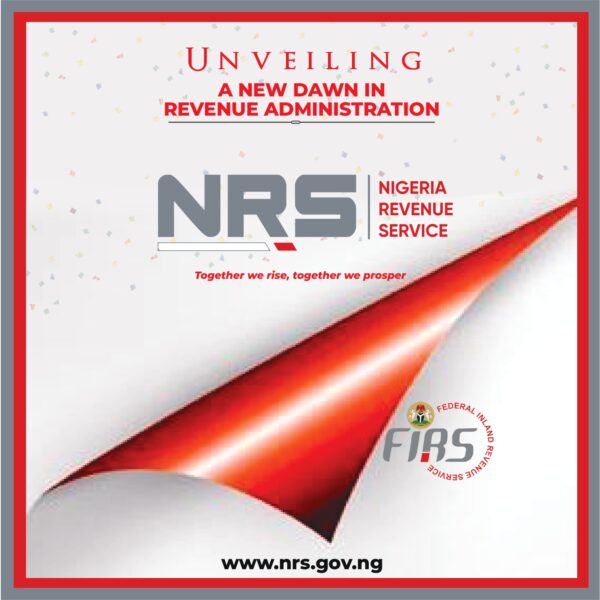In a significant stride against a chronic water deficit, the Lagos State Government has announced the completion of a crucial phase in its ambitious Adiyan II Water Project, installing the final Ductle Cast Iron (DCI) pipeline in an 8km transmission main that now stretches to Akute.
While confirming the breakthrough via a post on his verified X account on Saturday, the state commissioner for the environment and water resources, Tokunbo Wahab, described the development as a major leap towards the final conclusion of a project that has been in development for over a decade.
The installation of pipe number 944 represents what the commissioner termed a “major milestone,” bringing the long-stalled initiative to the cusp of operational reality.
Upon completion, the Adiyan II facility is projected to produce 70 million gallons of potable water daily. This output is poised to make a substantial dent in the water supply gap that has plagued Africa’s most populous city for generations, where many households rely on expensive and often unsafe private vendors.
“The 8km transmission pipeline has now reached Akute, bringing us closer to delivering additional 70 million gallons of potable water per day to Lagos residents,” Wahab stated in his post. He framed the progress as part of a broader, systematic effort to “rebuild and expand Lagos’s water supply network to meet the needs of our growing population.”
The project, a 70 million-gallon-per-day (320,000 m³/day) water treatment plant situated on the border of Lagos and Ogun states, has been hamstrung for years by a combination of funding constraints and complex technical challenges. The current administration, under Governor Babajide Sanwo-Olu, has pushed it to the forefront of its infrastructure agenda.
As recently as September, official updates indicated pipe-laying was at 98% completion, with work ongoing to address “minor contingencies” and adhere to the project timeline. The administration has consistently tied the project’s success to its THEMES+ agenda, a pillar of its governance mandate promising sustainable development.
For the millions of residents in Lagos, a megacity where access to clean, piped water remains a daily struggle for many, the final connection of this pipeline is more than a technical achievement—it is a long-awaited beacon of hope for a more reliable and equitable water supply.




